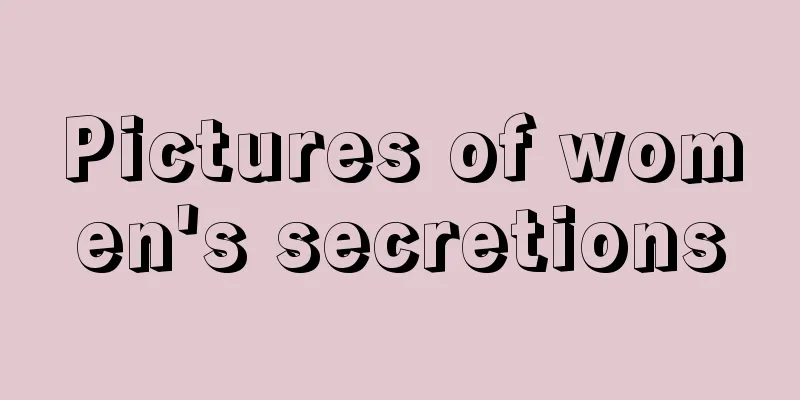The saltier you eat, the longer you live?! European Heart Journal analysis of data from 181 countries

|
A high-salt diet is considered a risk factor for cardiovascular disease and premature death. Some speculate that eating too much salt can lead to a shorter lifespan. However, on December 22, a study of 181 countries around the world showed that salt (sodium) intake was positively correlated with life expectancy and negatively correlated with the risk of all-cause mortality. This means that the saltier you eat, the longer your life expectancy and the lower your risk of death from all causes. Sodium intake and risk of healthy life expectancy at birth (blue) and all-cause mortality (red) In this study, in 2010, the analysis after correcting for potential confounding factors such as per capita GDP and body mass index showed that for every 1 g increase in average daily sodium intake (approximately equivalent to 2.5 g of table salt), the expected healthy life expectancy from birth was extended by 2.6 years and the expected healthy life expectancy at the age of 60 was extended by 0.3 years, but there was no significant association with the risk of death from non-communicable diseases. In addition, for every 1 gram increase in average daily sodium intake, all-cause mortality decreased by 131 cases per 100,000 people. A sensitivity analysis of the 46 highest-income countries also produced similar results: for every 1 g increase in average daily sodium intake, healthy life expectancy at birth was extended by 3.4 years and all-cause mortality was reduced by 168 cases per 100,000 people. In high-income, lower-middle-income and low-income countries, daily per capita sodium intake is also positively correlated with healthy life expectancy at birth, but high-middle-income countries are an exception. In the unadjusted model, the researchers found that life expectancy tended to stabilize when the average daily sodium intake was 4 to 5 g (approximately equivalent to 10 to 12.5 g of table salt), and then slightly shortened as the intake increased. The researchers note that the findings are surprising because a large number of studies have previously shown a direct correlation between sodium intake and blood pressure, but they say that in most previous studies, the correlation between sodium intake and blood pressure was shallow. A meta-analysis showed that in normotensive subjects and hypertensive patients, when the average daily sodium intake was reduced from 203 mmol to 65 mmol, blood pressure decreased by 1.1/0 and 5.7/2.9 mmHg, respectively. The researchers said blood pressure is only a surrogate endpoint and cannot be paralleled with hard endpoints such as death, heart attack and stroke. They believe that despite methodological limitations, current evidence shows that for most countries, a daily sodium intake of 2.3 to 4.6 g per person does not increase cardiovascular risk, and cardiovascular risk only increases when sodium intake exceeds 5 g/d. However, the researchers also acknowledged that this study was merely an observational study and its results cannot be used to guide nutritional intervention. The study used multiple databases, such as the United Nations Global Health Projections data, which includes World Health Organization healthy life expectancy data, age-standardized body mass index data, World Health Organization Global Health Projections data, United Nations Gross National Product Projections data, and the World Bank's 2010 classification of countries by income. The data showed that the highest quartile of sodium intake per capita per day was 4.17-5.98 g, with China among them. Kazakhstan had the highest sodium intake per capita, at 5.98 g, while Kenya had the lowest, at 1.48 g. Among 181 countries, Singapore has the longest healthy life expectancy at birth, at 74.8 years; Japan has the highest healthy life expectancy at age 60, at 20.3 years. Source: Sodium intake, life expectancy, and all-cause mortality. European Heart Journal, 22 December 2020 Reprint: Please indicate "China Circulation Magazine" |
<<: What exactly is asexuality?
Recommend
How to treat yellow leucorrhea?
There are certain differences in physiological ch...
Why do pure cotton clothes become larger as you wear them? Which is better, polyester or pure cotton?
In our daily life, we often see various clothing ...
Several nutritious and delicious porridges, good helpers for nourishing and protecting the stomach
We know that stomach health is important for us t...
What causes lower abdominal pain on the right side of a woman?
The physiological peculiarities of female friends...
Why does ectopic pregnancy occur?
Once an ectopic pregnancy occurs, it is a huge bl...
What to do with sun spots on a woman’s face………………………………
Why do sun spots occur? First of all, as the name...
Why can’t I get pregnant without taking any contraceptive measures? Consider four main factors
Many couples have always been eager to have child...
Can washing feet with mugwort leaves cure postpartum diseases?
If women do not take proper care of themselves du...
What to do if the urethra hurts the day after sexual intercourse
Sexual intercourse is originally a very happy thi...
Can I eat guava during menstruation?
You can eat guava during menstruation. As long as...
How to eliminate stretch marks after childbirth?
In modern society, due to increased stress, envir...
How does peptic ulcer develop?
Peptic ulcer is a common digestive system disease...
Can I check the six hormone levels while taking anti-inflammatory drugs?
A woman's body undergoes major changes during...
What hormones should I take to enlarge my breasts?
Female friends have their own pursuit of plump br...
GWI: 2022 Social Media Trends Report
GWI released its latest "2022 Social Media T...









